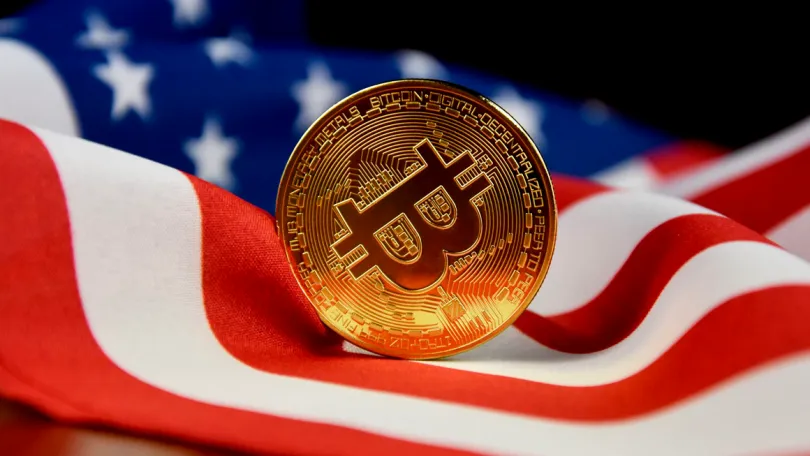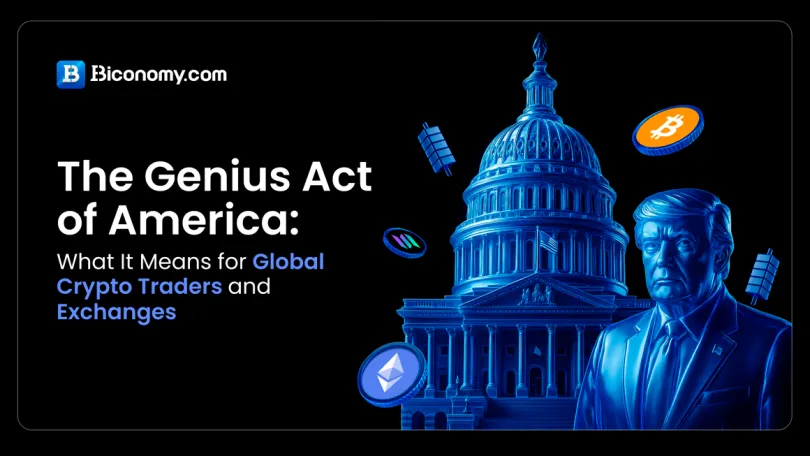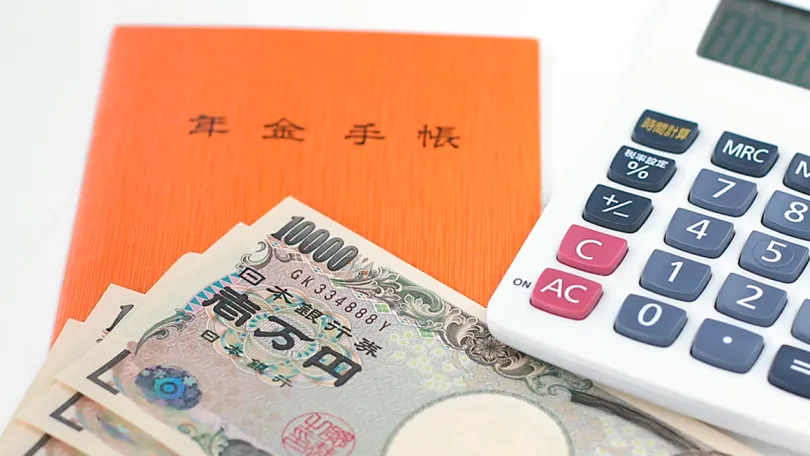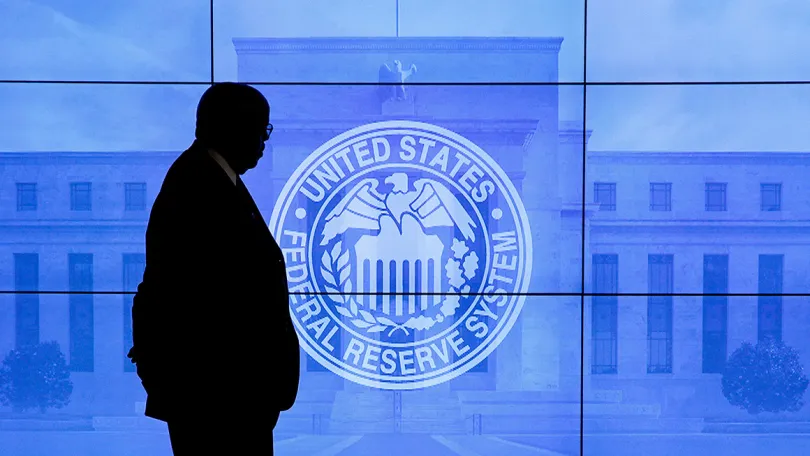
Cryptoassets are playing an increasingly significant role in laundering illicit money, according to the U.S. Treasury Department's recent report "National Money Laundering, Terrorist Financing and Weapons of Mass Destruction Proliferation Risk Assessment".
While fiat currencies remain the primary choice of criminals, the report highlights the growing involvement of cryptoassets in illicit financial activity.
The report is a comprehensive global risk assessment covering various aspects such as the fentanyl crisis, terrorist attacks, common #fraud schemes and new tactics used by criminals. The study emphasises the importance of such risk assessments for the public and private sectors to better understand the current illicit finance landscape and develop effective risk mitigation strategies.
One of the main concerns raised in the report is the use of cryptoassets by terrorists to finance their operations. The US Treasury Department expresses concerns about the links between individuals in America and foreign terrorist groups, suggesting attempts to transfer funds directly to attackers using cash, service providers and, in some cases, virtual assets.
In addition, the report highlights that many counterparties in the DeFi sector do not comply with the provisions of the Bank Secrecy Act, despite being listed as covered entities. This raises concerns about non-compliance with anti-money laundering measures in the DeFi sector.
The US Treasury Department's assessment also sheds light on the risks associated with blockchain #gambling. It notes that legal and technological advances in recent years have led to a significant increase in blockchain-based gaming activity in the US. The anonymity provided by online gaming, combined with the significant size and rapid growth of this sector, presents unique money laundering risks.
It is worth noting that this is not the first time that the US Treasury Department has emphasised the need for regulation in the DeFi sector. In a previous report, the department advocated that the #DeFi segment be subject to the same anti-money #laundering regulations as traditional banks.




























